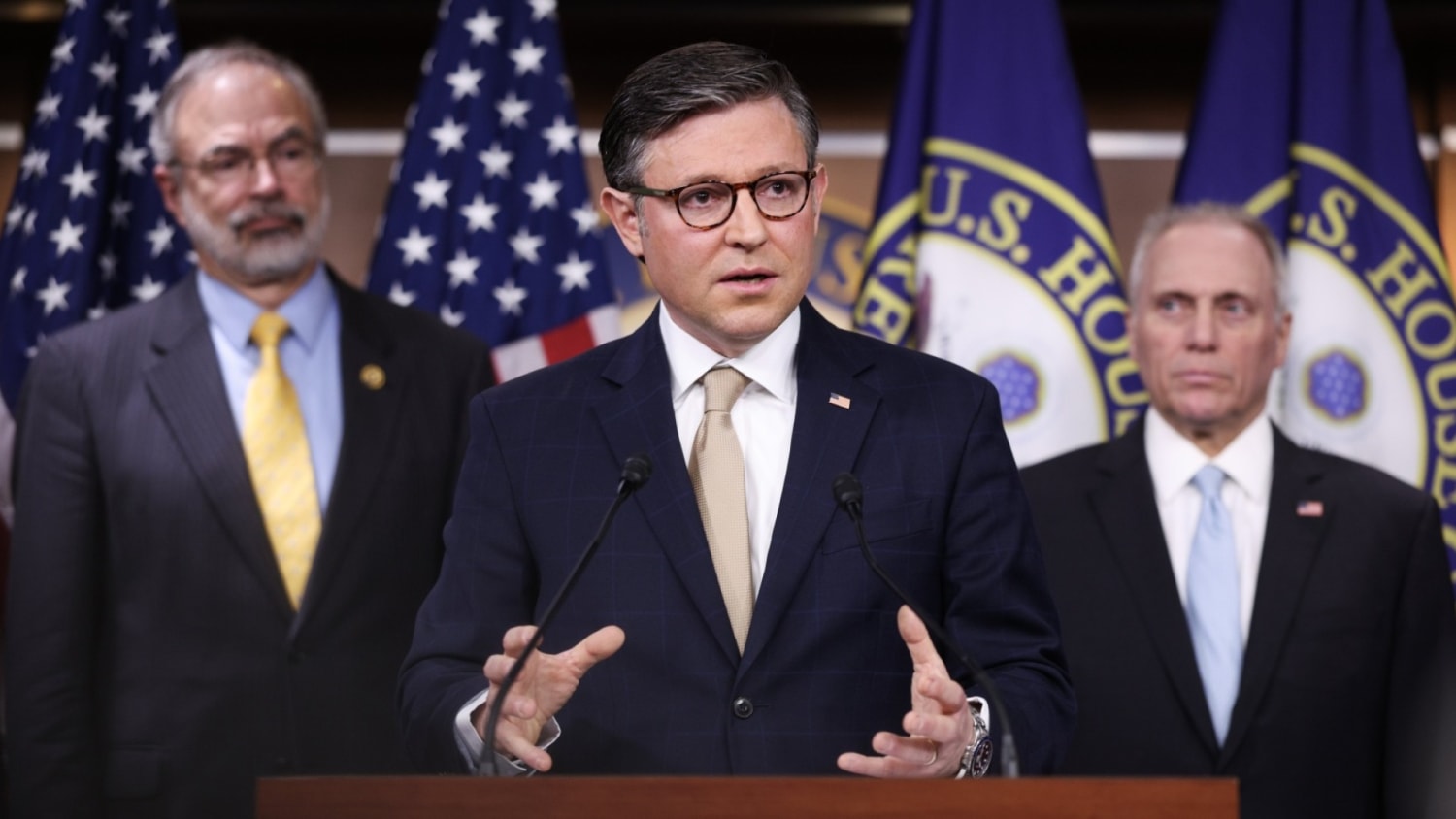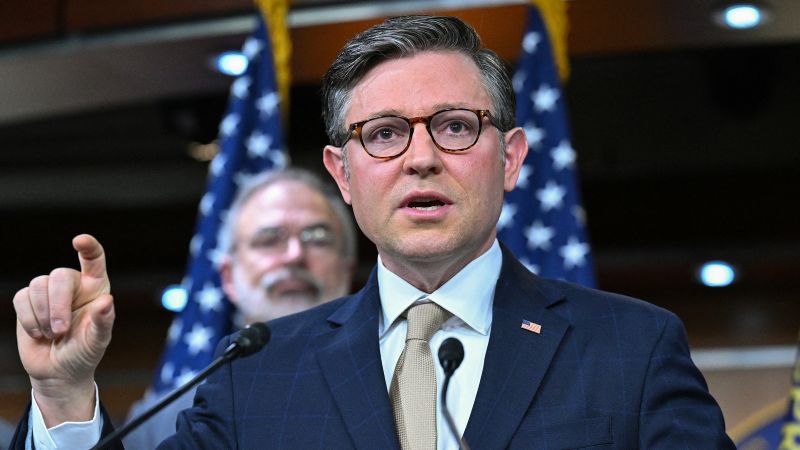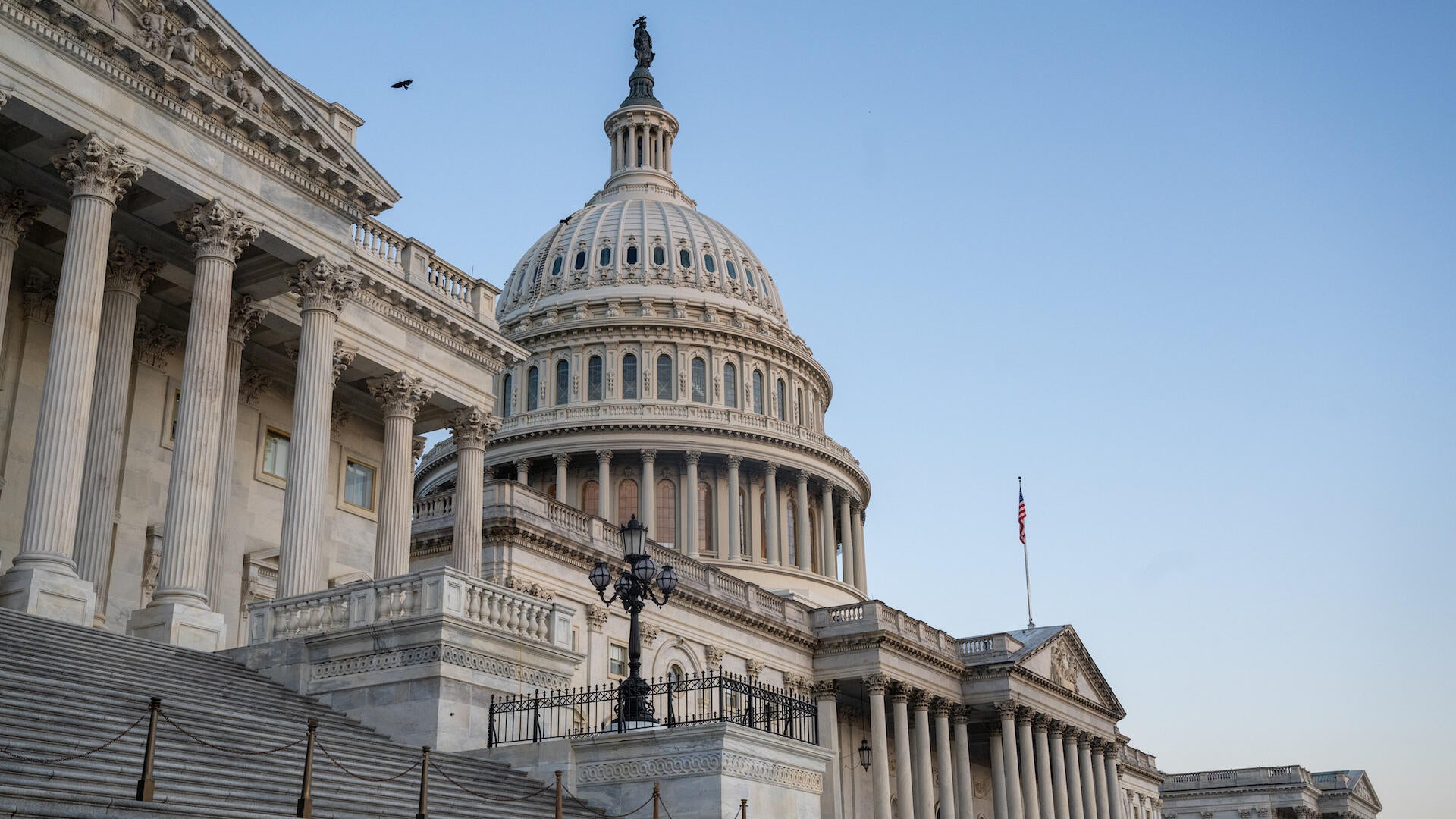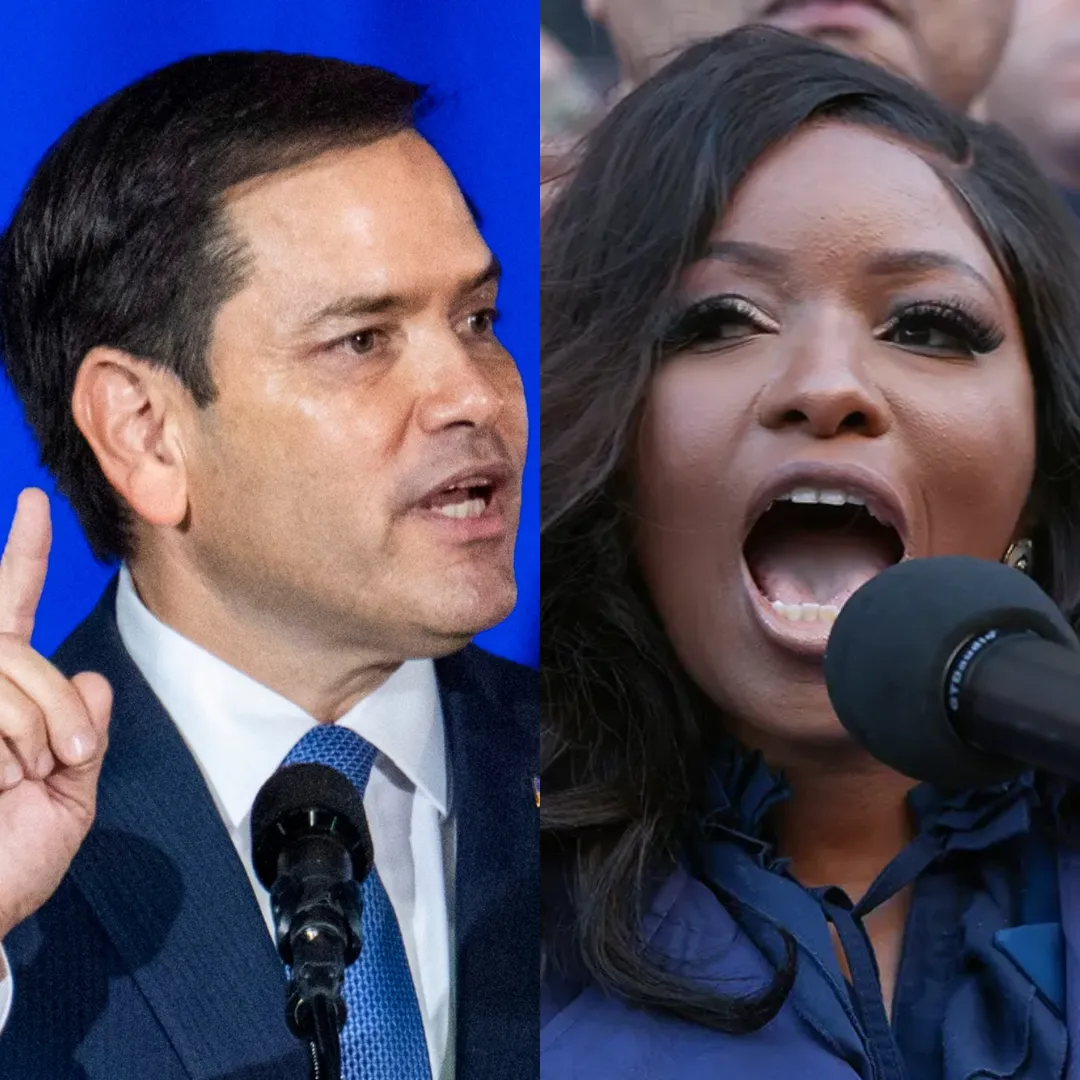In a dramatic showdown on Friday, the House of Representatives narrowly passed a seven-week funding measure, known as a continuing resolution (CR), over the staunch objections of most Democrats.
The legislation, which would temporarily fund government operations through Nov. 21, cleared the chamber with a vote of 217 to 212, with just one Democrat—Rep. Jared Golden of Maine—breaking ranks to support the GOP-led measure.
The bill is expected to face significant opposition in the Senate, where Democrats are determined to block any funding measure that does not include their own partisan priorities. As a result, the legislation's future is uncertain, and the threat of a government shutdown remains very much alive.
At the heart of the dispute is a series of ideological divides over what should be included in any funding bill. While Republicans argue that the focus should be on keeping the government open and securing additional time for appropriators to finalize a budget for the 2026 fiscal year, Democrats insist that any funding measure must include provisions to extend healthcare subsidies and other progressive policy priorities.
With the clock ticking toward a potential shutdown at the end of September, the fight over government funding continues to deepen partisan tensions in Congress.
The passing of the GOP-led continuing resolution marked a significant moment in the ongoing funding battle. House Republicans, led by Speaker Mike Johnson, framed the stopgap measure as a pragmatic solution to avoid a government shutdown while providing additional time for lawmakers to negotiate a more comprehensive budget.

The bill includes $88 million in security funding for the three branches of government in response to rising concerns over the safety of public officials.
These concerns were heightened following the assassination of Turning Point USA founder Charlie Kirk. The provision was aimed at addressing security needs in the wake of heightened political violence, but it also served as a key bargaining chip in the broader debate over government funding.
Despite the backing of many House Republicans, the bill faced substantial opposition within the GOP ranks. Rep. Thomas Massie, a Kentucky Republican known for his hardline fiscal conservatism, voted against the measure, arguing that it was merely a continuation of the same uniparty spending policies from the Biden era.
“This CR would be a copy of the uniparty spending bill under Autopen Biden,” Massie tweeted, referencing his belief that the bill represented excessive government spending, which he has repeatedly criticized.
The opposition from within the GOP reflected the deep divides in the party over fiscal policy. With a slim majority in the House, Speaker Johnson could afford to lose only two votes from his party, and the defections of Massie and Rep. Victoria Spartz of Indiana highlighted the challenges Johnson faces in keeping his caucus united.
The biggest opposition to the bill came from House Democrats, who almost unanimously voted against the CR. Led by House Minority Leader Hakeem Jeffries, Democrats rejected the measure for what they saw as its failure to address their key policy priorities.
Jeffries and other Democratic lawmakers argued that the bill, which extends government funding at current levels, ignored crucial issues such as healthcare reform.
Specifically, Democrats were focused on the expiration of key Affordable Care Act (ACA) subsidies, which are set to run out at the end of the year. Without an extension of these subsidies, millions of Americans could lose access to affordable healthcare coverage.

In a speech on the House floor, Jeffries made it clear that Democrats would not support a spending bill that they saw as harmful to the American people. “House Democrats will not support a partisan Republican spending bill that rips healthcare away from the American people,” Jeffries declared.
He added that the GOP’s refusal to include healthcare provisions in the funding measure was a clear sign of their disregard for the needs of ordinary Americans.
Democrats’ objections to the CR also centered around the lack of provisions to address other critical issues, such as climate change, immigration reform, and social welfare programs. For many progressive Democrats, the CR was seen as a missed opportunity to advance the party’s broader policy agenda.
While some Democrats were willing to support a clean funding bill to avoid a shutdown, the failure to include healthcare and other priority policies made the measure unacceptable to the majority of the caucus.
In a rare intervention in congressional affairs, former President Donald Trump personally lobbied Republican lawmakers to support the funding measure.
On Thursday, Trump took to Truth Social to call on House Republicans to unite behind the CR. “Every House Republican should UNIFY, and VOTE YES!” Trump wrote.
The former president’s involvement added another layer of complexity to the debate. His influence over the Republican Party remains strong, and his endorsement of the measure was seen as a key factor in rallying enough support to pass the bill.
However, Trump’s support did little to sway the party’s fiscal conservatives, such as Massie, who remained firmly opposed to the measure.

Trump’s push for unity came as part of a broader strategy to maintain his influence over the Republican Party. With the 2024 presidential race already heating up, Trump’s support for the CR allowed him to project an image of leadership within the GOP, even as the party remains deeply divided over fiscal policy.
While the House has passed the stopgap funding measure, the bill’s fate is now in the hands of the Senate. Senate Majority Leader Chuck Schumer and other top Democrats have already vowed to oppose the measure, arguing that any funding bill that does not address their policy priorities is unacceptable.
For Senate Democrats, the key issue is the extension of ACA subsidies, which they argue is critical for millions of Americans who depend on affordable healthcare coverage.
The Senate is likely to reject the House-passed bill, setting up a showdown between the two chambers as the September 30 deadline looms.
If the Senate fails to pass a funding measure, the government will shut down, leading to widespread disruptions in federal services and impacting millions of Americans who rely on government programs.
In addition to healthcare, Senate Democrats are also pushing for funding to support climate change initiatives, social welfare programs, and immigration reform. These issues are seen as key priorities for the party, and Democrats are unlikely to accept a funding bill that does not address them.
The threat of a government shutdown has become a familiar part of the political landscape in recent years. With both parties entrenched in ideological battles, shutting down the government has become a tool for negotiating policy wins.
For Republicans, the prospect of a shutdown is often framed as a way to rein in government spending and limit the influence of the federal bureaucracy. For Democrats, a shutdown is seen as a way to force Republicans to address critical policy issues, such as healthcare and social welfare.
As the deadline for government funding approaches, the stakes are higher than ever. Both parties face significant political risks if the government shuts down.
For Republicans, a shutdown could damage their image as responsible stewards of government, especially as they are seen as the party of fiscal conservatism.
For Democrats, a shutdown could provide an opportunity to advance their policy agenda, but it could also backfire if voters perceive them as prioritizing ideology over governance.
The upcoming days will be critical in determining whether Congress can strike a deal to avoid a shutdown. With both parties dug in on their positions, the path to a resolution remains uncertain.
However, one thing is clear: the debate over government funding will continue to shape the political landscape for the foreseeable future.
The passage of the GOP-led continuing resolution in the House marks a significant moment in the ongoing battle over government funding, with both parties deeply divided over the priorities that should guide federal spending.
While Republicans argue for a focus on keeping the government open and addressing immediate security concerns, Democrats are determined to secure healthcare reforms and other progressive policy goals.
The clash is more than just a debate over fiscal policy; it is a reflection of the larger ideological divides that have come to define American politics. As the House-passed bill heads to the Senate, the threat of a government shutdown looms large, and both parties are preparing for the political fallout.

For now, the question remains: Will Congress be able to reach an agreement to keep the government open, or will a shutdown become the latest chapter in the partisan warfare that has come to define Washington?




